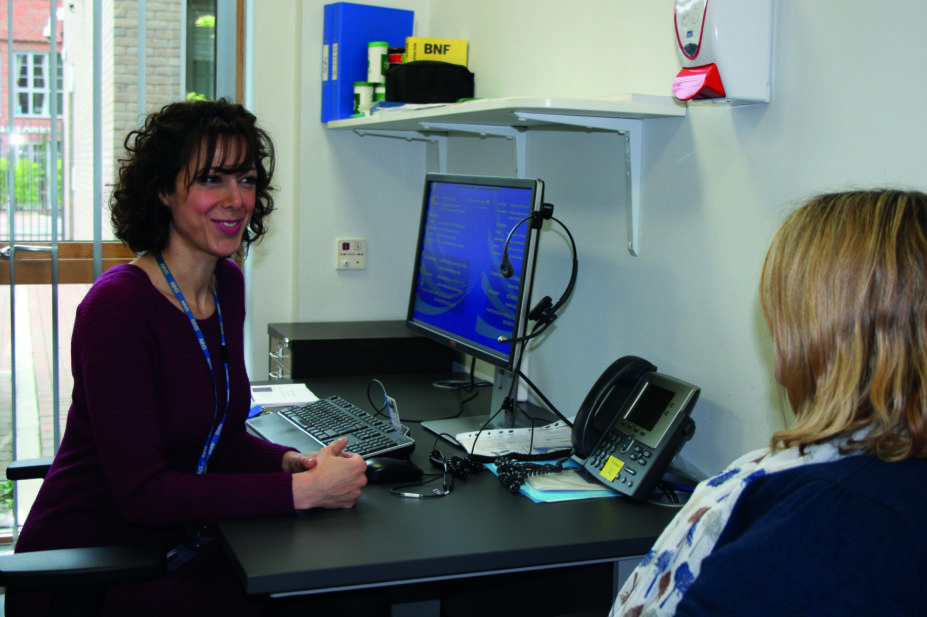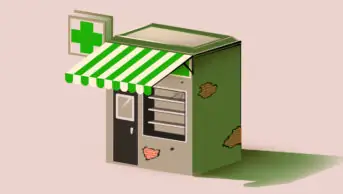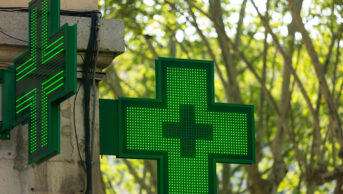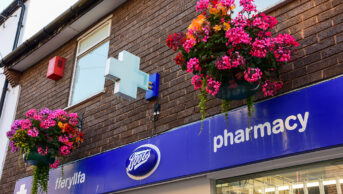
MAG / The Pharmaceutical Journal
Community pharmacies that have signed up to take referrals from NHS 11 are each carrying out approximately one consultation per week, government figures have shown.
Data published by the Department of Health and Social Care show that NHS 111 referred 114,275 patients through the community pharmacist consultation service (CPCS) in its first ten weeks of operation.
To date, 10,610 pharmacies have signed up to provide the service, which sees patients referred to pharmacies from NHS 111 for minor illness assessment and urgently needed medicines.
Pharmacies are paid £14 for each consultation, meaning they would have received, on average, around £60 per month for providing the service so far.
Since launching on 29 October 2019, there were 64,067 requests for urgent medication and advice was given to 50,208 patients with a minor illness, such as a sore throat or earache.
The government’s latest figures come after an analysis by The Pharmaceutical Journal in October 2019 revealed that, based on referral rates before the CPCS’s launch, pharmacists would be likely to receive £35 per month for the service at launch.
The service is an amalgamation of the NHS urgent medicines supply advanced service (NUMSAS) and the digital minor illness referral service (DMIRS), and was introduced as part of the ‘Community pharmacy contractual framework for 2019/2020 to 2023/2024’, which was announced in July 2019.
It was intended to relieve pressure on other parts of the NHS and to replace funding for community pharmacies that had been removed from the contract by cutting medicines use reviews and establishment payments.
Pharmacies who registered for the CPCS before 1 December 2019 received a one-off payment of £900 to cover the cost of implementation. Those registering before 15 January 2020 will get £600.
Hemant Patel, secretary of the North East London Local Pharmaceutical Committee, told The Pharmaceutical Journal that any scheme allowing pharmacists to use their skills to help improve the health of their local population was to be welcomed. But he added the service needed to be more widely promoted if pharmacists were to be able to offer a sustainable service.
“Looking at the figures for London, it works out at about seven consultations each per pharmacy in the first ten weeks,” he said.
“It is about awareness and the general population is not aware of this service. Unless this service is promoted, then the number of consultations is likely to remain very low.”
Bruce Warner, deputy chief pharmaceutical officer at NHS England and NHS Improvement, has praised the scheme as “a fantastic success”.
“The number of referrals from NHS 111 in the first two months alone shows how well it is working and reaction has been good,” he said, “with people telling us they have been satisfied with the service they received.”
Matt Hancock, health and social care secretary, said: “Thousands of patients receiving same-day advice from highly skilled pharmacists is exactly what we need.”
“Community pharmacy is an integral and trusted part of the NHS and we want every patient with a minor illness to think ‘pharmacy first’.”
The largest number of referrals were in the north west of England, at 20,972 referrals, and the lowest was in the south west at 8,037.


